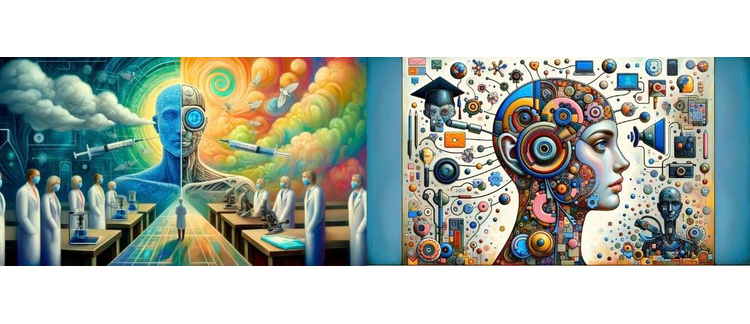
Volume 24 • Issue 02 • 2025 • Science Communication in the Age of Artificial Intelligence (Science Communication & AI)
ONLY INVITED AUTHORS ARE ALLOWED TO SUBMIT
(submission deadline October 31st)
Artificial Intelligence, and particularly generative AI that produces novel outputs based on user prompts fundamentally impacts science communication. It can assist practitioners in generating content or identifying new ideas and trends, translating and preparing scientific results and publications for different channels and audiences, and enabling interactive exchanges with various user groups. It also comes with pronounced challenges, from errors and “hallucinations” in AI outputs over new digital divides all the way to ethical and legal concerns. The Special Issue brings together cutting-edge research assessing the role of AI in science communication, discussing communication about AI, communication with AI, the impact of AI technologies on the larger science communication ecosystem and potential theoretical and methodological implications.Guest editors:
Sabrina H. Kessler Daniela Mahl, Mike S. Schäfer Sophia C. Volk
Volume 23 • Issue 09 • 2024 • Special Issue: Public (dis)trust in science in digital media environments
This Special Issue of the Journal of Science Communication is dedicated to exploring public (dis)trust in science against the backdrop of changing information environments and potentially contrasting trends regarding audience’s increasing use of digital media.
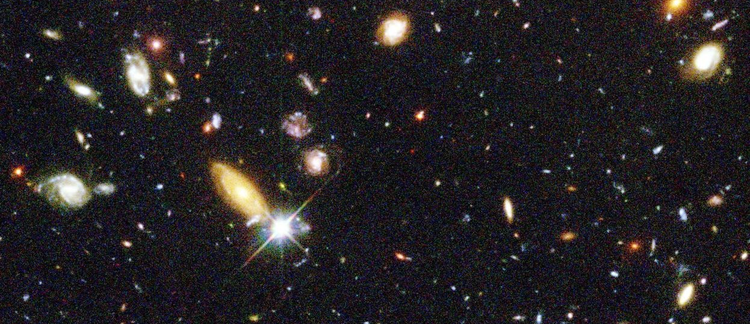
Volume 23 • Issue 07 • 2024 • Special Issue: Communicating Discovery Science
This special issue outlines both the challenges and the opportunities for how scientists and communicators engage the public with discovery science, as they currently do for applied science, medicine, and technology.
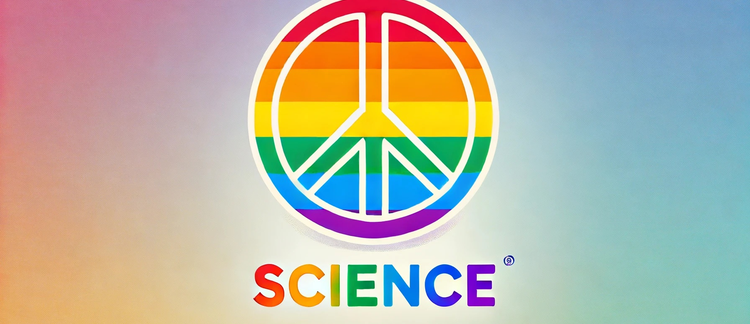
Volume 23 • Issue 04 • 2024 • Special Issue: Science communication for social justice
This special issue examines what a social justice lens can offer to science communication. Contributors adopt decolonial, queer and other critical stances to decentre Global North perspectives in the field.

Volume 23 • Issue 02 • 2024 • Special Issue: Connecting science communication research and practice: challenges and ways forward
This Special Issue delves into the dynamics of research-practice relations in science communication, showcasing projects that navigate complex interactions and challenges, and highlighting mutual benefits of bridging the gap between communities.
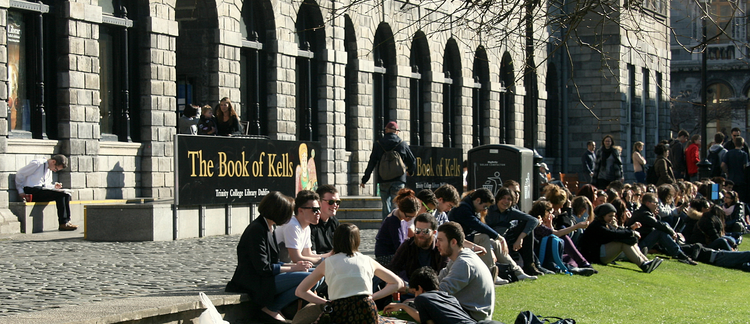
Volume 22 • Issue 06 • 2023 • Special Issue: Science communication in higher education: global perspectives on the teaching of science communication
This Special Issue shows that while the teaching of science communication in higher education sometimes involves challenges and opportunities unique to local contexts, much can be learned by sharing experiences from around the world.

Volume 22 • Issue 03 • 2023 • Special Issue: Living labs under construction: paradigms, practices, and perspectives of public science communication and participatory science
Living Labs galore. Involving citizens and other stakeholders in science endeavors and integrating them in the design of new technologies and scientific inquiry is a core aim of contemporary research and development. Living labs are prime places in the quest of science to be more inclusive and to open up to people from all walks of life, including politics, design, and culture. Promising to foster participation, collaboration and co-creation around science, living labs have been mushrooming across the academe, from STEM subjects to the humanities. In fact, they have become the token for an up-to-date science communication that is not satisfied with conveying expert information but seeks an exchange with people that are addressed as the participants of, not just the audience for research. That said, it is also in living labs where the tension between the normative axioms and the precarious implementation of participatory science become succinctly apparent.
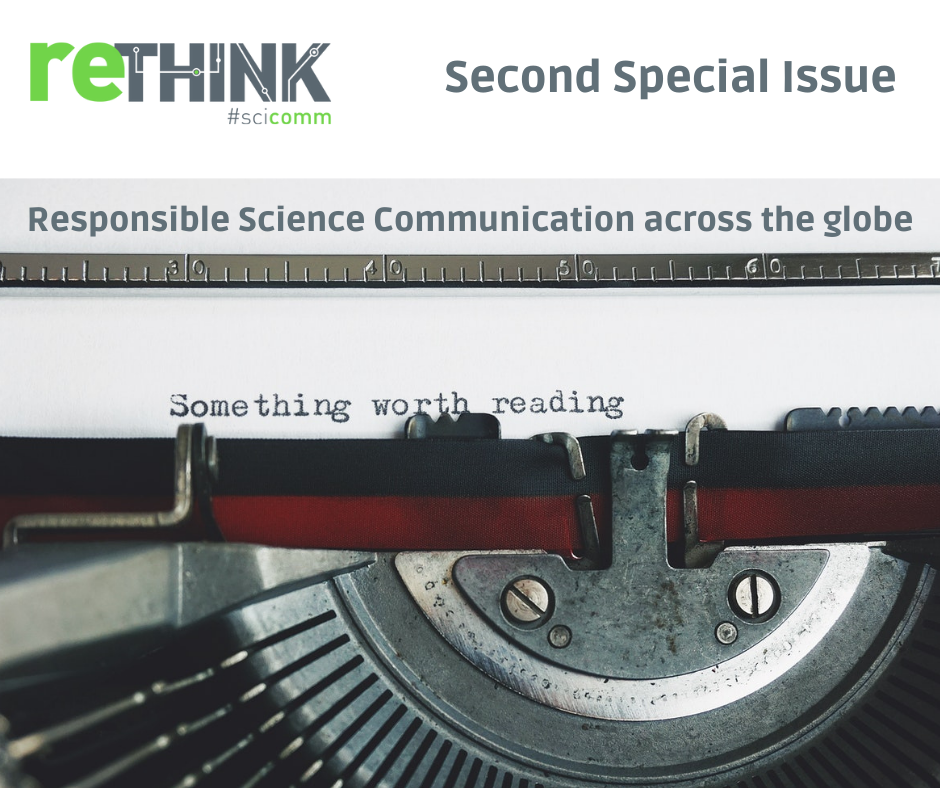
Volume 21 • Issue 04 • 2022 • Special Issue: Responsible science communication across the globe
Science communication is at the heart of many of the challenges our societies face today. At the same time, on-going changes in the relationship between science and society and the digitalisation of society can make science communication itself into a complex challenge. How can science communication adapt to an ever-changing landscape and take on new roles? In this issue we explore the potential of ‘responsible science communication’ to support and develop meaningful, open and trustworthy relationships between science and society. We present a selection of papers that review three crucial dimensions of ‘responsible science communication: reflexivity, inclusivity and co-creation’. Integrating theory and practice, this issue advocates that researchers and practitioners should be mindful of these dimensions to create meaningful conversations about science and our future.

Volume 21 • Issue 02 • 2022 • Special Issue Participatory science communication for transformation (PCST2020+1)
Participatory science communication featured in several sessions and individual papers at the 2021 online conference of the Public Communication of Science and Technology (PCST) Network. This coverage recognises the drive away from linear communication to more participatory forms of science communication. In this special edition we present practice insights, papers and essays that explore participatory science communication. These contributions explore definitions, processes and describe case-studies of participatory science communication which involve a variety of publics, from young school students to Indigenous groups to farmers. In this introductory editorial we reflect on the papers, describe the growth of a participatory approach as part of the continuing evolution of science communication; explore a definition for participatory science communication; and consider some of the key concepts and issues that emerged.
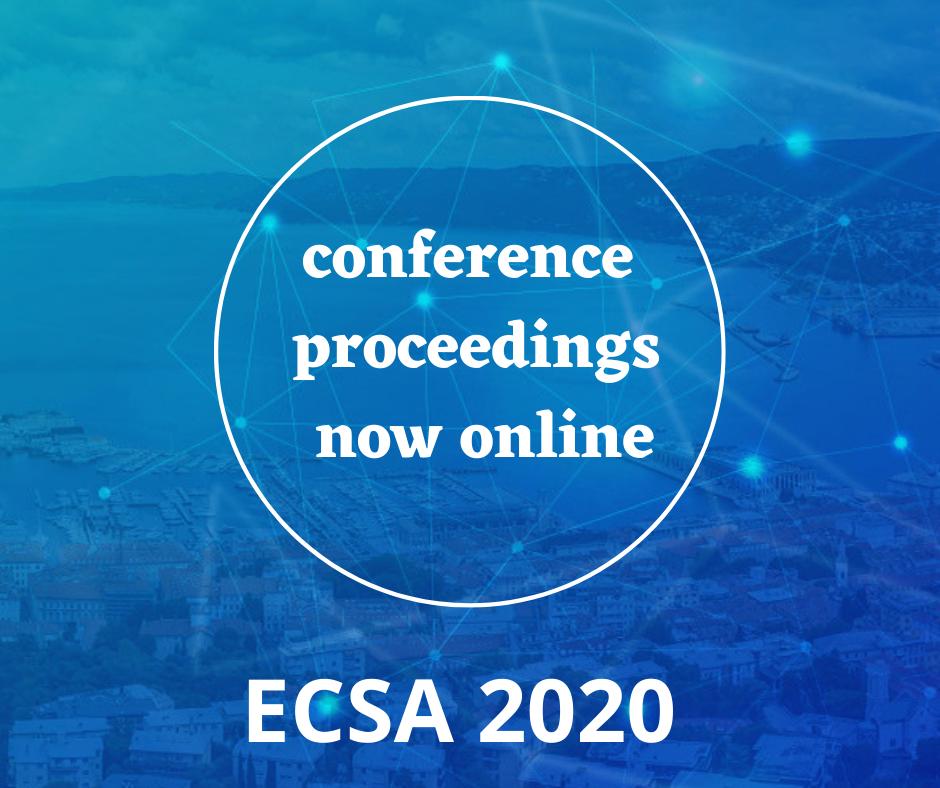
Volume 20 • Issue 06 • 2021 • Special Issue: Third International ECSA Conference, Trieste 2020
Over 500 delegates took part in the third international ECSA conference in September 2020. Across 30 sessions, as well as keynote talks, e-poster presentations and more informal settings, they discussed and debated a diverse range of subjects related to citizen science. This special edition of ‘JCOM’ brings together some of the central themes that were under the spotlight at ECSA 2020. Since ECSA 2020 has been one of the first examples of a conference that moved completely online, and it has been considered a big success, we also include the Conference Report, as supplementary material with this editorial.
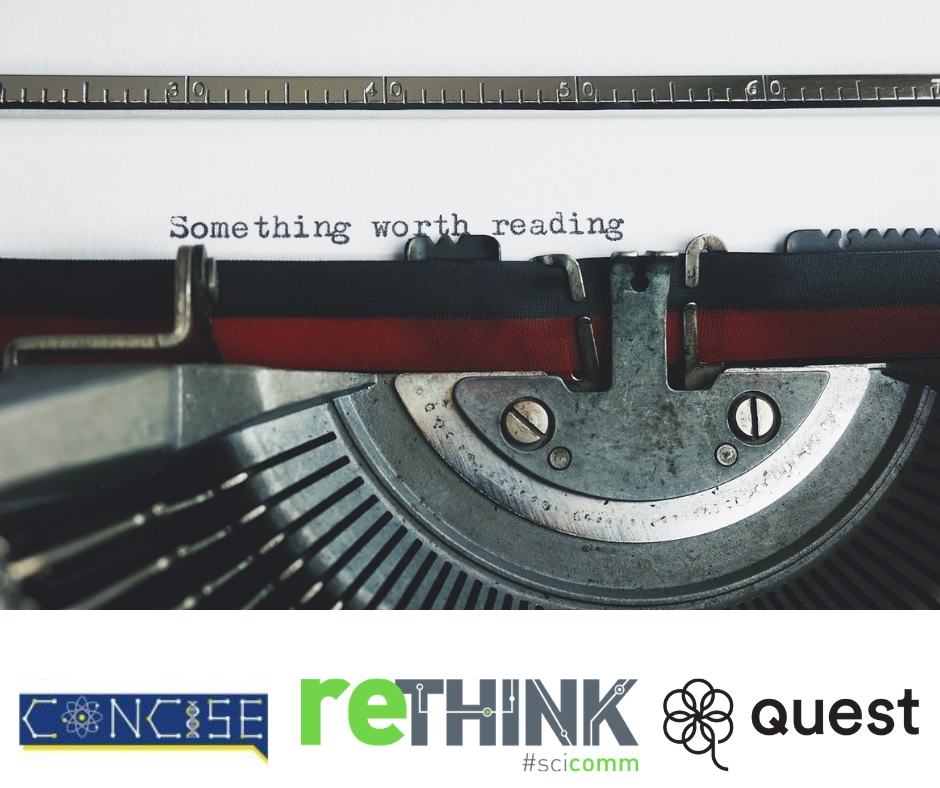
Volume 20 • Issue 03 • 2021 • Special Issue: Re-examining Science Communication: models, perspectives, institutions, 2021
Science communication continues to grow, develop and change, as a practice and field of research. The boundaries between science and the rest of society are blurring. Digitalization transforms the public sphere. This JCOM special issue aims to rethink science communication in light of the changing science communication landscape. How to characterize the emerging science communication ecosystem in relation to the introduction of new media and actors involved? What new practices are emerging? How is the quality of science communication maintained or improved? We present a selection of papers that provide different perspectives on these questions and challenges.

Volume 19 • Issue 07 • 2020 • Special Issue: COVID-19 and science communication, Part II, 2020
As COVID-19 continues its devastating pathway across the world, in this second part of the JCOM special issue on communicating COVID-19 and coronavirus we present further research papers and practice insights from across the world that look at specific national challenges, the issue of “fake news” and the possibilities of satire and humour in communicating the seriousness of the deadly disease.

Volume 19 • Issue 05 • 2020 • Special Issue: COVID-19 and science communication, Part I, 2020
The devastating effects of COVID-19 and the speed of both the scientific and medical response and the public information requirements about frontline healthcare work, medical advances and policy and compliance measures has necessitated an intensity of science communication never seen before. This JCOM special issue — the first of two parts — looks at the challenges of communicating COVID-19 and coronavirus in the early spread of the disease in 2020. Here we present papers from across the world that demonstrate the scale of this challenge.

Volume 18 • Issue 05 • 2019 • Special Issue: Stories in Science Communication, 2019
There is a renewed interest amongst science communication practitioners and scholars to explore the potential of storytelling in public communication of science, including to understand how science storytelling functions (or could fail) in different contexts. Drawing from storytelling as the core theme of the 2018 conference of the Public Communication of Science and Technology (PCST) Network, we present a selection of papers, essays and practice insights that offer diverse perspectives. Some contributions focus on the cultural and structural qualities of science stories and its key success factors, while others explore new formats, platforms and collaborators in science storytelling activities.

Volume 18 • Issue 03 • 2019 • Special Issue: Communication at the Intersection of Science and Politics, 2019
Today, science and politics are in a complex status of reciprocal dependency. Politics is dependent on scientific expertise in order to adequately address highly complex social problems, and science is fundamentally dependent on public funding and on political regulation. Taken together, the diverse interactions, interrelations and interdependencies of science and politics create a heterogenous and complex patchwork — namely, the science-policy interface. The societal relevance for phenomena such as scientific policy advice, science governance or (politically fostered) science communication have been amplified by the developments of digitalisation and now call for new approaches to clarify the ambiguous relationships within the science-policy interface. This special issue aims to provide a platform for researchers to address communication at the intersection of science and politics from different angles. The research presented in the special issue, thus, aims to reduce the contingency of science-policy communication in its various dimensions and looks to spur further investigations into the science-policy interface.

Volume 18 • Issue 01 • 2019 • Special Issue: User Experience of Digital Technologies in Citizen Science, 2019
The growing interest in citizen science has resulted in a new range of digital tools that facilitate the interaction and communications between citizens and scientists. Considering the ever increasing number of applications that currently exist, it is surprising how little we know about how volunteers interact with these technologies, what they expect from them, and why these technologies succeed or fail. Aiming to address this gap, JCOM organized this special issue on the role of User Experience (UX) of digital technologies in citizen science which is the first to focus on the qualities and impacts of interface and user design within citizen science. Seven papers are included that highlight three key aspects of user-focused research and methodological approaches. In the first category, "design standards", the authors explore the applicability of existing standards, build and evaluate a set of guidelines to improve interactions with citizen science applications. In the second, "design methods", methodological approaches for getting user feedback, analysing user behaviour and exploring different interface designs modes are explored. Finally, "user experience in the physical and digital world" explores crossovers with other fields to improve our understanding of user experiences and demonstrate how design choices not only influence digital interactions but also shape interactions with the wider world.

Volume 16 • Issue 03 • 2017 • Special Issue: History of Science Communication, 2017
Science communication is today a well-established ―although young― area of research. However, there are only a few books and papers analyzing how science communication has developed historically. Aiming to, in some way, contribute to filling this gap, JCOM organized this special issue on the History of Public Communication of Science and Technology (PCST), joining 15 contributions, from different parts of the globe. The papers published in this issue are organized in three groups, though with diffuse boundaries: geography, media, and discipline. The first group contains works that deal descriptively and critically with the development of PCST actions and either general or specific public policies for this area in specific countries. A second set of papers examines aspects of building science communication on TV or in print media. The third group of papers presents and discusses important PCST cases in specific areas of science or technology at various historical moments.
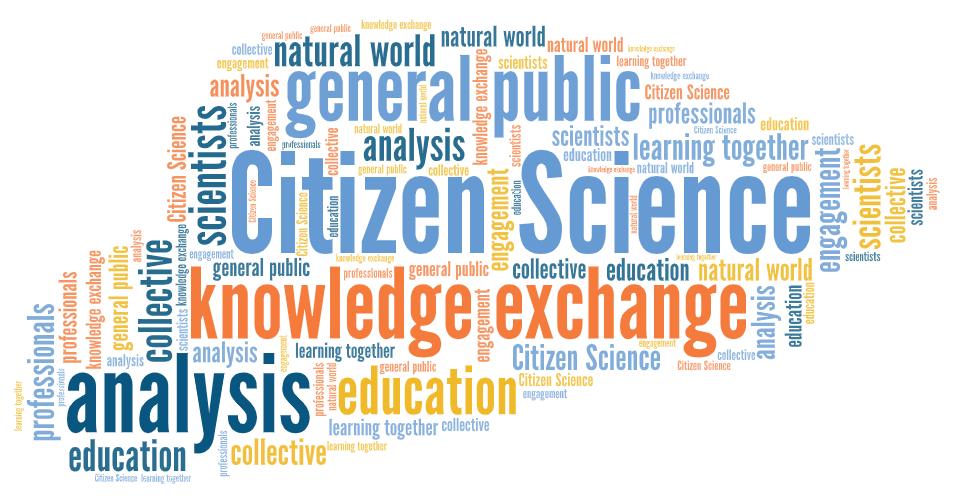
Volume 15 • Issue 03 • 2016 • Special Issue: Citizen Science, Part II, 2016
This issue forms Part II of JCOM's collection of articles and essays exploring the field of citizen science. Here I introduce the articles in Part II, outlining how they contribute to our understanding of the ways that volunteers participate in citizen science projects, what motivates this participation and what learning arises as a result of participation.
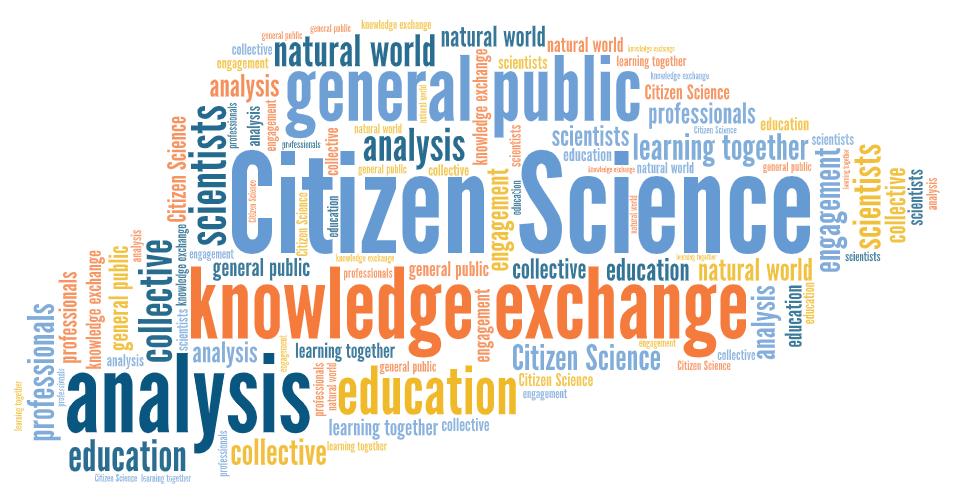
Volume 15 • Issue 01 • 2016 • Special Issue: Citizen Science, Part I, 2016
Citizen science is one of the most dramatic developments in science communication in the last generation. But analyses of citizen science, of what it means for science and especially for science communication, have just begun to appear. Articles in this first of two special issues of JCOM address three intertwined concerns in this emerging field: The motivation of citizen science participants, the relationship of citizen science with education, and the implications of participation for creation of democratic engagement in science-linked issues. Ultimately these articles contribute to answering the core question: What does citizen science mean?
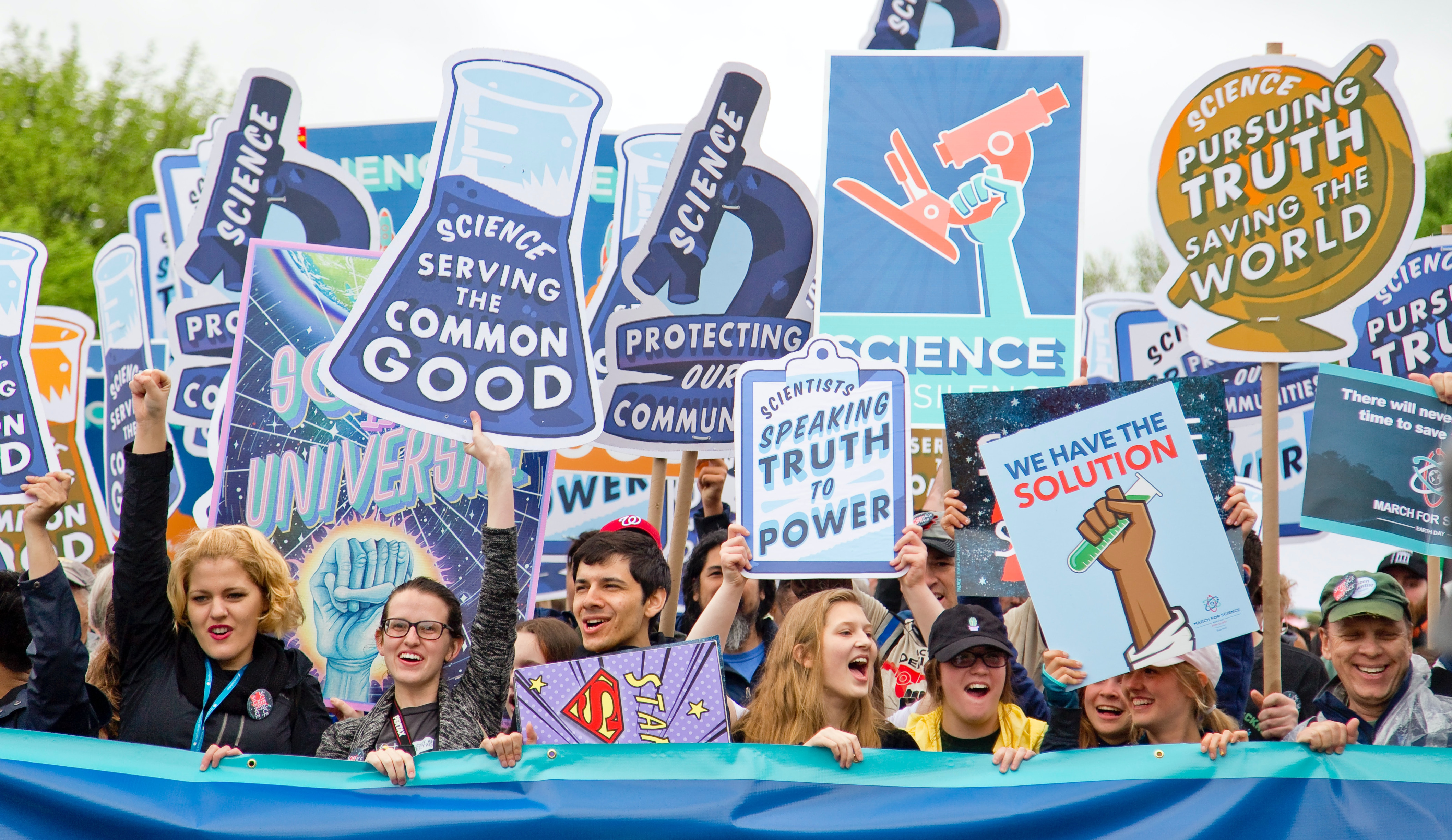
Volume 9 • Issue 01 • 2010 • Special Issue
Special issue on User-led and peer-to-peer science. It draws a first map of the main problems we need to investigate when we face this new and emerging phenomenon. Web tools are enacting and facilitating new ways for lay people to interact with scientists or to cooperate with each other, but cultural and political changes are also at play. What happens to expertise, knowledge production and relations between scientific institutions and society when lay people or non-scientists go online and engage in scientific activities? From science blogging and social networks to garage biology and open tools for user-led research, P2P science challenges many assumptions about public participation in scientific knowledge production. And it calls for a radical and perhaps new kind of openness of scientific practices towards society.